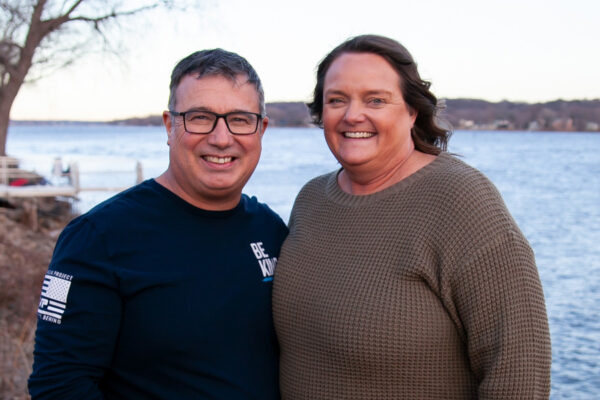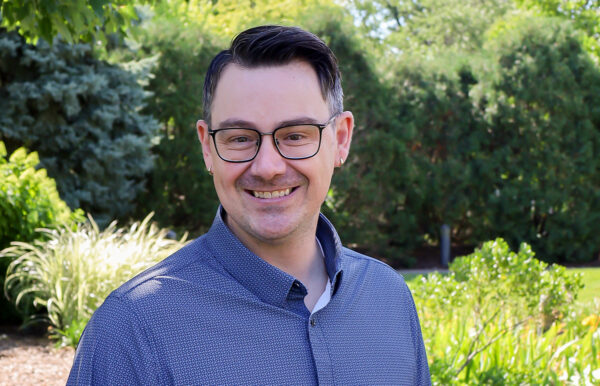Apologies

I’m sorry. That’s a simple apology. But is there such a thing as a simple apology?
Some years ago, a friend named Bob Gordon did a TEDx talk on “The Power of the Apology.” Bob’s a psychologist who can explain all sorts of very technical things about the brain, human development, Freudian theory, why psychopaths rise to political power, and the like. In his talk about the apology, he offered some insight that isn’t as technical or obscure. He suggested that we apologize for three reasons.
One is to defend ourselves. Someone accuses us of having done wrong, or just something they don’t like; we say “I’m sorry” to avoid any further accusation. Let’s just get off the topic. I’m sorry; okay?? A second reason we might apologize is to get forgiveness. We know we were wrong; we offended someone. We’re sorry for that and feel badly, so saying “I’m sorry” can bring the other person’s reassurance and forgiveness. I’m sorry; can you forgive me?
The third reason we can apologize is to repair a relationship. This is the one that Bob says is the most difficult and requires the greatest emotional maturity. We apologize in order to offer the other person something. We offer an opening to express the pain and disappointment of the offense, so that we can go on to offer real repair, in the form of a change in our behavior, or something that will compensate a loss, or perhaps an acknowledgement of something we had overlooked or neglected. I’m sorry; what can I do that will give you healing from what I’ve done?
I’ve also noticed that making an apology is a learned behavior. I think that many of us, as we grew up, came to understand apologizing as something shameful. It meant that we had messed up, and we weren’t supposed to mess up. It was as if the goal of life was to avoid messing up, in any way, ever, and thereby avoid ever having to apologize. So if we do have to apologize, it means we had taken a step backward from whatever forward steps we had achieved in growing up.
The reality of life, though, is that we get into messes. Sometimes it happens because we mess up. Sometimes it happens simply because another person has a different understanding of a situation from ours. Or perhaps that person needs something that we don’t realize. Or they are dealing with an issue that makes what we do an intrusion, a distraction, or a complication. However it happens, the relationship we’re in gets disrupted and it simply feels like a mess.
That’s when the simple apology becomes so critical. I’m sorry! If we can say that quickly and honestly, it can be the opening of a relationship-repairing move. It need not be freighted with defensiveness; we haven’t necessarily been accused. It need not be freighted with remorse; there may be nothing to forgive. It can be the simple recognition that something went sour, and we can honestly be sorry for that turn of events and sincere in our desire to reconnect. That starts with our willingness to listen. I’m sorry; what happened?





Jeff Brammann
Very well said. When my son was very young, I wanted him to apologize to someone for a minor thing he had unintentionally done that caused harm to someone. My son got very upset and didn’t want to apologize because “it was an accident”. It was then that I realized we had caused him to think of an apology as punishment. You did something bad, now you have to apologize. It took us a while to make our kids understand that an apology is a good thing and not a form of punishment. A lot people probably make that same mistake.